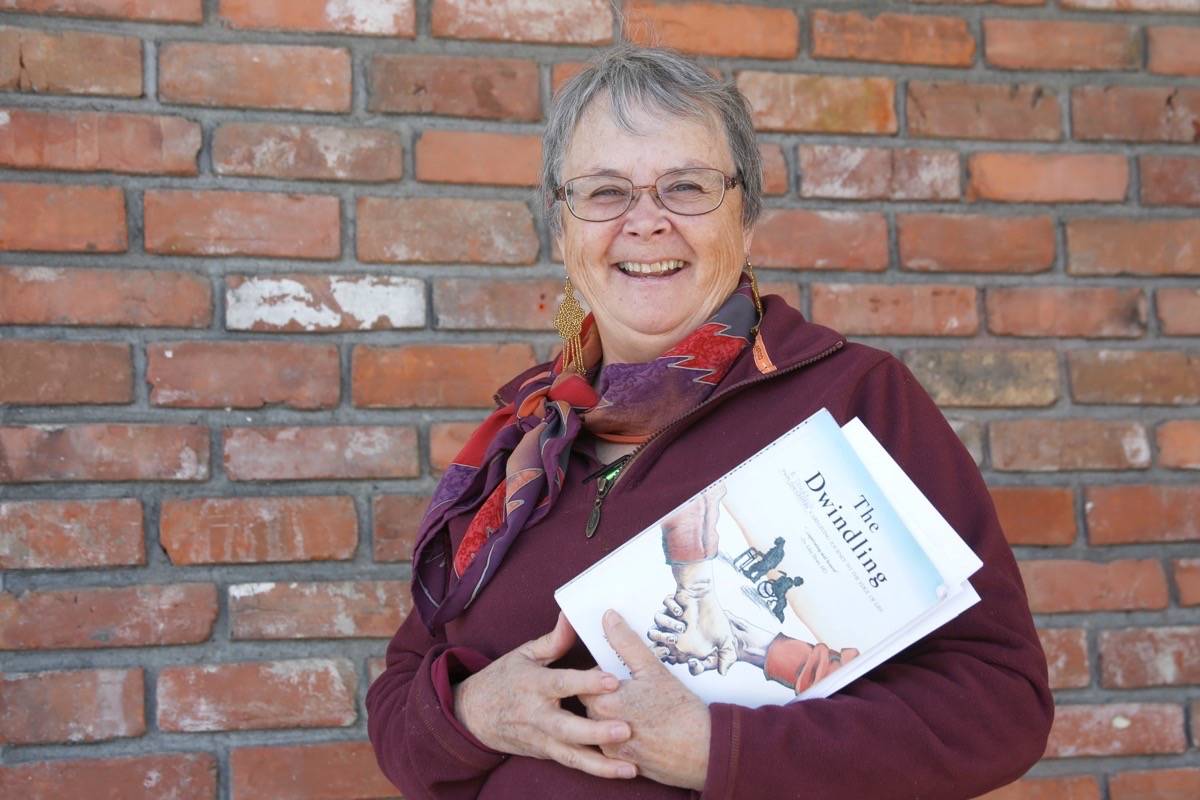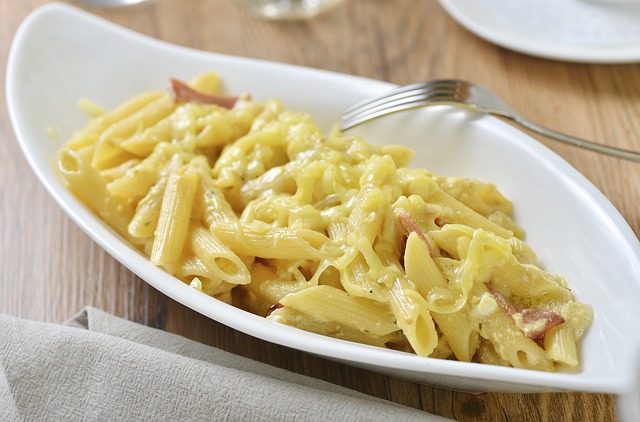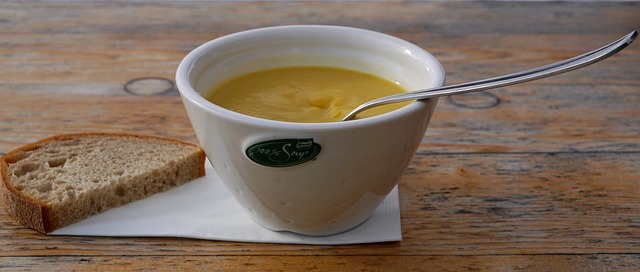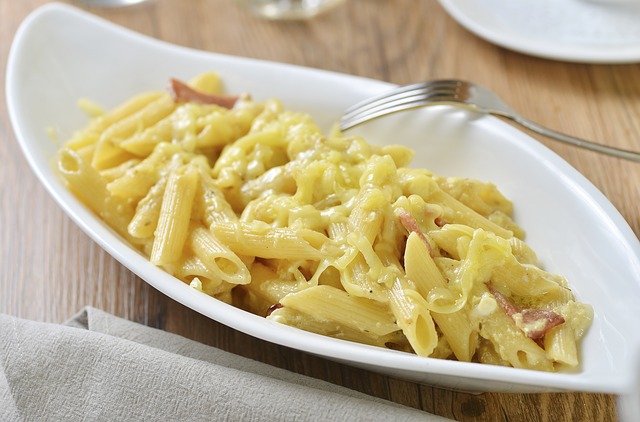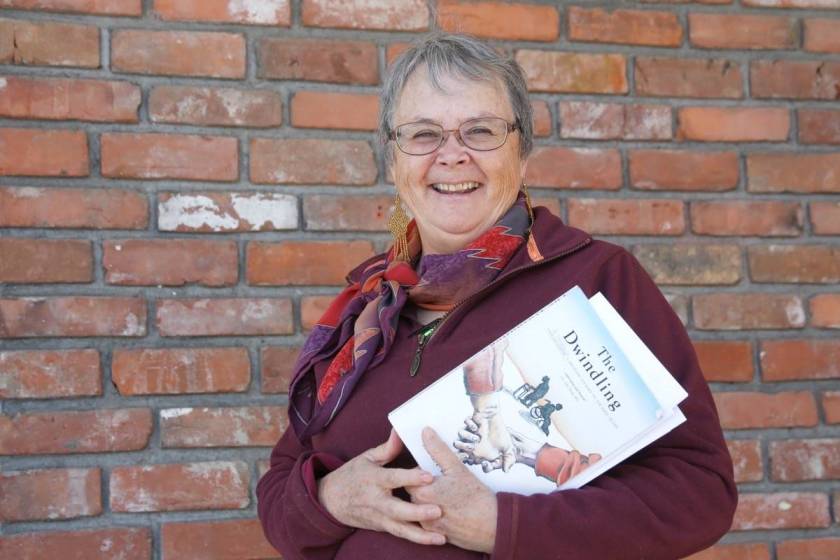
Tell our readers a little about your journey to writing this book. What prompted you to start?
When my caregiving years ended in 2011, I thought I wanted to get back to my life-interrupted. But I moped, I fiddled, and I knew I was in a stall. People said I was grieving. I knew it was more than that. Those old goals belonged to a version of myself that was gone. Caregiving had transformed me. It was Judi, my twin and co-caregiver (daughter on deck while I was daughter at a distance) who could feel my malaise and offer a way out. “You are a writer,” she said, “And you have a story. So tell it. Writing a book is your new normal.” So I began.
It was a challenge. I had ten years of hoarded information that filled the room that had once been where my parents stayed on their respite visits to the Coast and now was my writing space. It was full of memory. The records of many care conferences covered a carpet stain that recalled the incident of the collapsing commode. The visitors books we kept for years became the top of my year by year paper piles. On every wall space, a forest of sticky notes grew. It was a timeline to help me recover details of what and when. Names of specialists and other important people were pink, my flashbacks to troubled times were captured in fluorescent yellow, and those events that looking back seemed to be turning points were lime green. And so I pieced together the details of what had been a fog. Gradually in the first several months I as able to put order into the chaos of my references, and I felt lighter. The work was just starting though. Early versions of the manuscript were heavy with sadness and even guilt. Had I done right by Mom and Dad? Then there were a few angry versions while I processed feelings around the support that did not come. Finally, my versions revealed the truth of a melange of darkness and light. I knew I was almost there. Coming to the final versions, I could see the arc of the story and how my narrative had much in common with the journeys of other caregivers I was meeting. “Yes” my early readers said, “I see my story in yours.” I knew I was done.
My darkest day was when my brother, hearing me describe my progress in a voice I recognized as passionate, said “No one will want to read that.” One negative, a minute long conversation, was enough to snuff my zeal for months. Again, Judi came to my rescue. We talked through this block and realized that even a sibling quite disengaged from caregiving could control the narrative by quashing it. I began again, stronger now to criticism and aware of how denial would be a force to limit the interest in my book. Finally, four years later, the manuscript was launched on Mother’s Day 2017. From that point, a new phase began. I had been a caregiver, then an author, and now I was becoming an advocate for quality in care at the edge of life. I was on a new uncharted path.
What aspect of caring for your parents did you find most challenging?
It is important to say that I was not a solo caregiver, like so many others are. My twin Judi and I were a team from our shared promise on the first day of the new millennium to the final funeral on a freezing January Calgary afternoon a decade later. Together we breezed past challenges that lay other caregivers low.
Like isolation. We were never lonely long. Judi always had my shoulder to cry on, and I never doubted her wise advice. Like the lack of structure to our days. With parents still insisting they needed minimal help, we spoke about caregiving as a project and invited them onto the team. We talked about management by results. It gave them dignity and control, and we communicated pretty well about shared goals, even if fewer could be attained as the dwindling years wore on. Still, framing our work this way helped deal with ambiguity and the no knowing when the caregiving would end.
Like the growing number of messy and intimate medical tasks. We twins egged each other on and spotted each other till we learned the routines and avoided the pitfalls like medication errors. When we didn’t know we turned to Google and she never let us down as so often the health care system did.
Like the revolving door between Emergency departments, acute care and back to home when there were no other options. Hospital visits were a breeze, and we never admitted that sometimes having a parent admitted was a kind of respite. “Go to Emergency” was the most often offered advice we received from professionals through the uncertainties of the dwindling. But we were the ninja daughters making the transitions look easy, and I felt sorry when I observed other haggard caregivers, bereft and bewildered by the patchwork of it all.
We were ninjas again each time we faced down the bullies of the health care world, especially those who used vague rules to excuse poor performance. I know many caregivers find system navigation and negotiation to be the greatest challenge of all, but our mantra was “patient centred care” and “nothing about us, without us” and we took it to the top if we had to. People saw the tough as nails twins but we knew better. It was all an act. But we listened to our mother’s advice, “fake it till you make it,” and it worked surprisingly often to achieve better care.
But our challenges lay on the shadow side of what appeared as competence. We endured nagging emotional challenges. Both Judi and walked a line between being hero caregivers on the one side and the dysfunctional duo on the other. Depending who you asked. In good times and tough times for our parents we were often enmeshed in unhealthy ways. We tried to build boundaries but we knew they were a fiction when the going got tough.
It all came at a cost. Compassion fatigue was our clear and present danger. I saw one role as daughter at a distance as thumb in the dike against Judi’s dammed up frustration as daughter on deck. There was no solution other than Judi. Lines ups were so long for care that even the wait for assessment was months. Mom would have none of it anyway. “My home would be fine if only I had a bath lift,” Mom would say, and bingo…another wild goose chase job got added to the to do list. “Put your own mask on first” I would advise, knowing what Judi’s answer would be. “what mask?” It became our private gallows humour.
I believe these emotional challenges of caregiving are widely experienced though they are hardly ever admitted let alone addressed. And And there’s no quick fix. That’s why caregiver support groups are so helpful. They offer perspective. And just being able to speak of fears out loud and say “I’m sick to death of it all,” without feeling judged, is chicken soup for the caregiver soul.
What helped you when you were caring for your parents?
Respite is of key importance for caregivers. I had Judi’s back on that so that she could pull away from the front line while I took charge. We cherished the few times when our spouses stepped in, allowing Judi and I to get away together. It was win win. I believed our parents benefited from seeing different faces, and might have better appreciated what Judi and I were doing without fanfare. Better yet, our family could see what caregiving meant in new detail. No one ever offered to “stay on” once we returned. But we got respect as well as respite.
Were there unexpected rewards?
Everyone’s benefit package as caregiver is different, I think. But I was surprised by joy so often that I knew that being with Mom and Dad through their dwindling was cause for gratitude. A friend working in the hospice put it well. He called caring and being cared for a dance. Each had a role and faced challenges to learn the steps. Just as the caregiver needs courage and patience in the dance, being the vulnerable one, accepting care, sacrificing control, is challenge too. When everyone is in step, there are unexpected rewards. Learning how to be cared for is important for the caregiver. The dance is a dress rehearsal for our own dwindling time.
One other thing I know for sure. A dwindler is like an onion. That brittle skin, and those tough outer layers give no hint of the sweetness that lies inside. To get to it, you have to peel back the layers and let them go. If the caregiver stays dedicated to the role, that tenderness is experienced as a new version of love. At least that was my unexpected gift. It’s not to be missed!
If you were to give advice to a family caregiver, what would you tell them?
I think we all need to see the caregiving time as is part of the life cycle. We need to get used to its presence in our society and learn how everyone can flourish. Caregivers can help move this dial by asking for help. One in four of us at any point in time is a caregiver, a million British Columbians. Many more are recovering and moving on as wiser people to the needs around. The caregiver tribe is huge. So my advice is as simple as it is not easy. Take the caregiving as part of your life journey and embrace it, acknowledging the problems but cheering for what is being done well by the health care system.
But how can we do this? Caregiving is uncharted territory after all. I say no. Being a parent with little kids was scary and consuming and hard. But our focus was not on the troubles we were having. We took delight in what joy we found and learned all the ways to make lemonade. Alas, at the other end of the life span, there is less support, and there’s anticipatory grief, not anticipation of bright futures. Still, I am thinking that with a commitment to push for change while acknowledging what is going right, we might rediscover feelings like empathy and compassion for the vulnerable. Seeing the light coming through the cracks takes practice. But we do have models in our own experience that might help us not just survive caregiving, but thrive in it.
You have mentioned in interviews that writing was a way to cope when you were caring for your parents. Can you offer tips for caregivers wishing to use writing as a coping tool?
Don’t just wish to write. Do it!
I used little coil notebooks that fit into my purse and went with me everywhere, along that a pen that worked. My book was private. It was not a journal, not a diary but a place for my stray ideas and insight. I wrote out what was nagging at me too. I didn’t need spell check. I didn’t even expect sense in my jottings. I did expect them to add to my clarity though. Those notebooks delivered. When it was time to “really” write, there was this suitcase full of feelings. So my crutch living the caregiving journey became my inspiration as I wrote about it.
Is there anything else you’d like to add?
Here’s what I’ve learned on my caregiving journey.
- Caregivers are experts whether they acknowledge it or not.
- Caregivers have a unique part to play in the circle of care. They are the ones who are 24/7 and never reassigned. They see the trends over time. They know what normal looks like. They have the voice and can take the perspective that the cared-for might have lost. They are the love glue that binds care plans without soul to the return to or preservation of well being that is everyone’s goal.
- Yet caregivers do not get recognition, respect or support beyond the barest manipulative minimum.
- Caregivers are invisible. They even find it hard sometimes to identify themselves as caregivers. Sadly, invisible things don’t get recognized, respected and supported.
- The culture around caregiving at the edge of life needs to change. That begins with the avalanche of stories to build awareness and point to the opportunities and holes.
- Tell your story.
